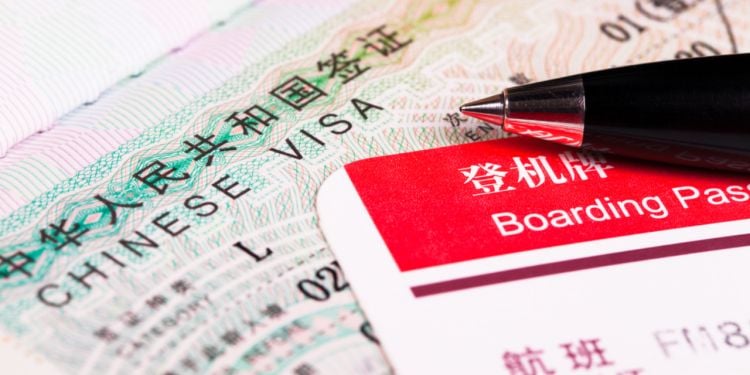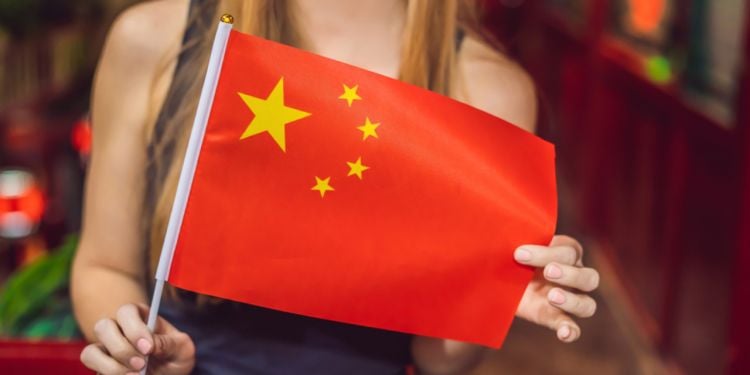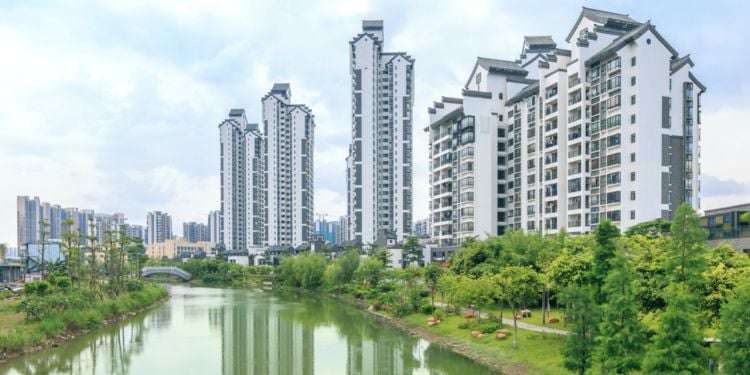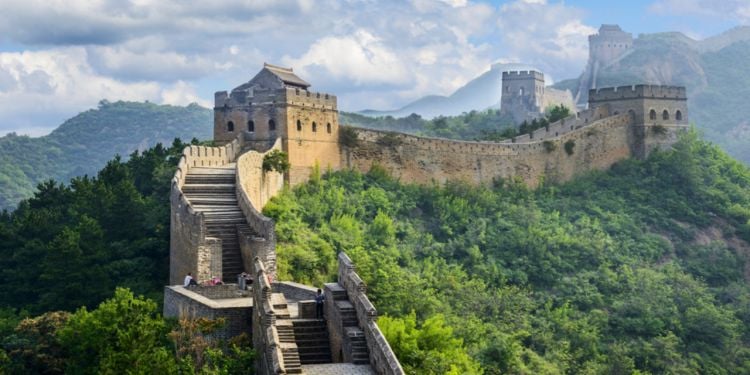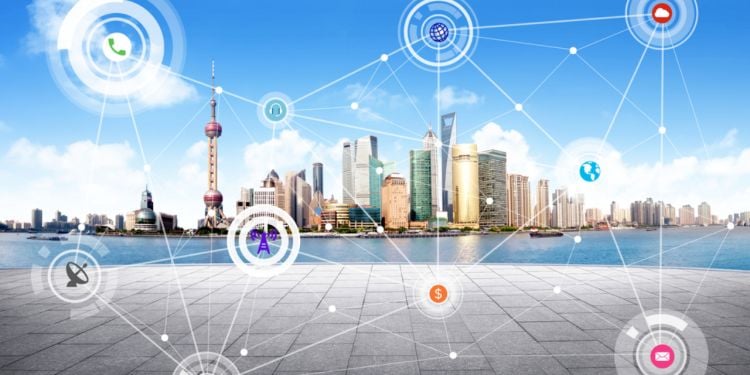Living in China: the ultimate expat guide
Everything you need to know for a successful life in China.
Thanks to its unparalleled cultural wealth, China is the ideal destination for expatriates looking for a total escape.
China will definitely fascinate you in all possible ways, whether you are looking forward to a professional expatriation, to study or to discover the Chinese civilization through wonders such as the Great Wall of China, arts and traditions along with its breathtaking provincial landscapes.
Demography and language
As of 1 January 2018, the population of China was estimated to be over 1.41 billion people.
It is still the most populated country in the world (followed closely by India), representing nearly a fifth of the global population. The country is officially composed of 56 ethnic groups: 55 minorities and the dominant Han ethnicity making up over 91% of the population. China's official language is Mandarin. However, several dialects are spoken throughout different regions with six dialect groups officially recognised (not including the standard Mandarin): Wu, Gan and Xiang in central China, and Min, Hakka, and Yue on the southeast coast. English learning is widespread with most children starting their English studies as early as primary school. The estimated number of Chinese nationals who speak English is 200 million, and English is increasingly used as the language of business communication.
China's expat population
China was closed to tourism from 1949 to 1974. But by the mid-1980s, over 250 of the country's cities became open to the international public. Today, China is one of the most popular destinations worldwide: in 2018 it ranked fourth in the list of the most visited countries in the world with a total of over 59.3 million visitors.
In the last decade, China has also emerged as one of the leading destinations for expats worldwide. Be it career and business opportunities, stunning geographical diversity, ancient treasures of the country's more than 5,000-year old history or more, the expat population in the country has been on a steady rise. In 2010, China's first national census that recorded the number of registered foreigners in the city put that number at around 600,000. In 2015, according to the Annual Report on Chinese International Migration, the number of legal foreign residents increased to 848,500. In 2017, the number of expats living in China was estimated at over 988,000.
Economy
China's economy is classified as a socialist market economy and is the world's second largest by nominal GDP (after the United States). It recorded a growth rate of 6.9% in the first quarter of 2017, fuelled by a substantial expansion in factories and the country remains the most significant contributor to global growth.
China is the world's largest manufacturing hub as well as the world's most prolific exporter. Industrial manufacturing remains the dominant sector: machine building, textiles and apparel, consumer electronics, food processing, transportation and more. The country is the world's largest exporter of textile, laptops, TVs, cameras, watches and toys.
The service sector is catching up quickly as the country is transitioning into a modern economy - it took half the share of the nation's GDP for the first time in 2015.
China is the birthplace of some of the world's biggest tech companies including Huawei, Alibaba, Xiaomi, Tencent, DJI, and others ' in fact, it is home to 9 of the world's 20 tech giants.
Technology, design and innovation are some of the country's most rapidly developing sectors. The country's young southern city of Shenzhen has been dubbed 'the world's Silicon Valley of hardware' after it has become the manufacturing base of American startups.
There is also a strong presence of large international companies in the country, accelerating its economic growth and providing job opportunities.
China possesses a lot of natural resources. Rare earth metals make the biggest contribution to the country's economy.
Major holidays in China
China celebrates several main holidays throughout the year, the most important being: Spring Festival (or Chinese New Year), Qingming (or Tomb Sweeping Day), Dragon Boat Day, Mid-Autumn Festival, National Day, and others. Note that most of these festivals are celebrated according to the Lunar calendar and their dates change slightly every year.
Spring Festival, or Chinese New Year, is the most important holiday of the year and is also the reason behind 'Chunyun', or Spring Festival travel season, which is the biggest annual migration in the world. During the Spring Festival, most big city residents will head back to their hometowns to spend the holiday with their families. When this happens in a country with the most people in the world, the strain on public transportation can get quite high. In fact, it is estimated that around 2.99 billion trips were made during 'Chunyun' in 2019 alone.
Good to know:
Note that it is generally not recommended to travel during the Spring Festival as major transportation hubs including airports and train stations can be overcrowded. Keep in mind that ticket prices also have the tendency of increasing during this time and there can also be a shortage of tickets (especially intra-China train tickets). If you do choose to travel during the Spring Festival, make sure to get your tickets way in advance.
Spring Festival celebrations usually take around two weeks, and the majority of the local businesses will be closed during this period.
Politics
The People's Republic of China is governed by three main bodies: the Communist Party, the State, and the Chinese Army. Power is centralised in Beijing through its administrative agencies and other public institutions. Xi Jinping is the President of the People's Republic of China, Chairman of the Central Military Commission and General Secretary of the Chinese Communist Party while Li Keqiang is the Prime Minister of the Council of State Affairs.
Climate
China's large size means that it has a vast diversity of climates.
The north is characterised by hot and dry summers (26°C /79°F) and harsh cold winters, temperatures falling as low as - 20°C (-4°F). The central area stretching along the Yangtze River has long and humid summers and rather cold winters. Southern China, on the other hand, enjoys long hot summers and short mild winters. Central, southern and western parts of the country are prone to flooding, and there is minor periodic seismic activity in the region.
The best time to visit China is early autumn and spring, specifically during the months of September, October, March or April when the temperatures are pleasant, and the rainfall is at its lowest.
Important:
The northwest of China is prone to bouts of extreme air pollution. Make sure to check AQI (air quality index) before your travels.
Useful links:
The State Council of the People's Republic of China
National Bureau of Statistics in China
AQI Air Quality app
Chinese Holiday Calendar
Trip ticket booking in China
Formalities
Find out more on visas, passports and entry requirements to travel to China.

Getting married in China
If you've lived in China for a while and are planning your life in the country, you may be considering getting married here. However, before you ...
Visas
All you need to know on work visas, work permits, working holiday visas and residence permits to live and work in China.
Work
Dive into the China labour market, legal framework and tips on how to find a job in China.

Finding work in China
China continues to be an attractive destination for new and experienced professionals from around ...

The labour market in China
China is an attractive destination for those seeking new professional and business opportunities. ...

Jobs in China
Discover professional opportunities in China and boost your career.
Accommodation
Explore real estate or temporary rentals in China. Find out more about renting or buying a house or a flat, real estate agents, leases and rental agreements.
Study
Universities, training courses, student visas, registration procedures: all you need to know about being an international student in China.
Health care
Understanding the healthcare system in China: public and private health system, health insurance...

The healthcare system in China
As excited as you may be about your upcoming move to China, safety comes first. Take the time to ...

Accidents and emergencies in China
China is generally a very safe country to travel to. Most expats living in China don't have to ...

Health insurance for expats in China
Protect your health during your expatriation.
Bank
Navigate the banking system in China: how to choose a bank and open a bank account.
Tax
All you need to know about income tax, the tax system and filing your taxes as an expat in China.
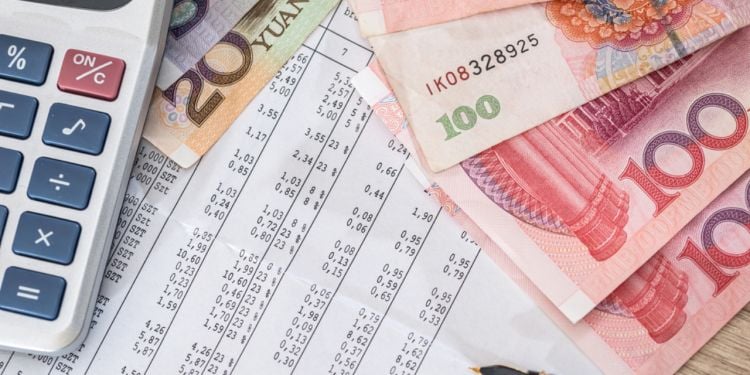
The taxation system in China
A lot of professionals and investors come to China in search of new opportunities. After the pandemic, traveling to China has become more ...
Transport
From public transports to renting or buying a car, explore the best options to getting around in China.
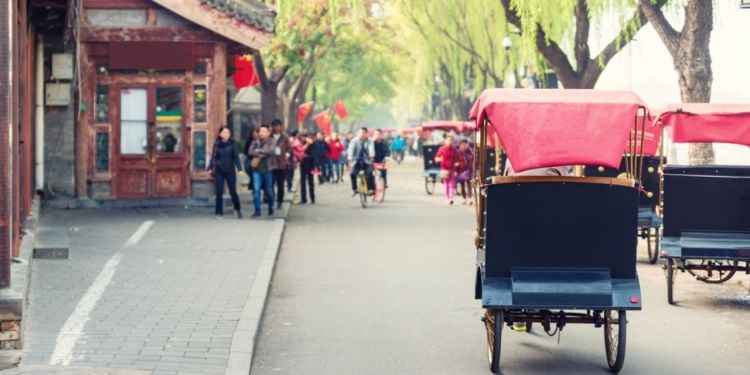
Getting around China
China is the world's 4th largest country covering an area of over 9.597 million square kilometers. But despite the country's impressive size, ...
Driving
Essential information on driving requirements in China, driver's license exchange and international permits.

How to drive in China
With so much to see and so many new places to explore, you may be tempted to start driving in China right away. This country is home to a multitude ...
Removal
Moving to China? Find useful information and tips to organize your move.

Relocating to China
Moving to a foreign country is both exciting and challenging. You will have a lot to learn and a ...

Moving with your pet to China
When considering a move to China, you may want to bring along more than a few suitcases. If you ...

Free quotes for your move
Get the best offers to easily organize your relocation to China.
Communications
Internet and phone providers, plans, and everything you need to stay connected in China.
Leisure
Sports, leisure, culture and other activities expats can enjoy in their spare time in China.
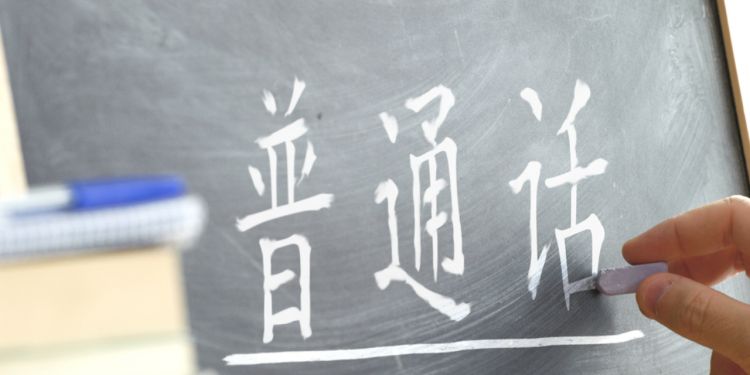
Learning Chinese as an expat in China
When considering a move to a foreign country, the question of whether you should learn the language ...
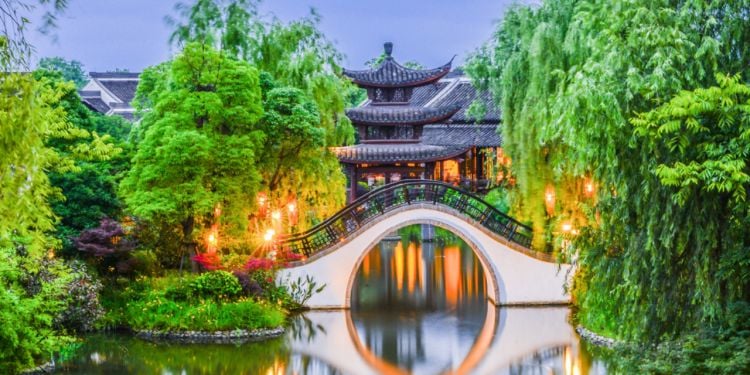
Leisure activities in China
China is an East Asian country you will enjoy exploring. From stunning natural landscapes and ...
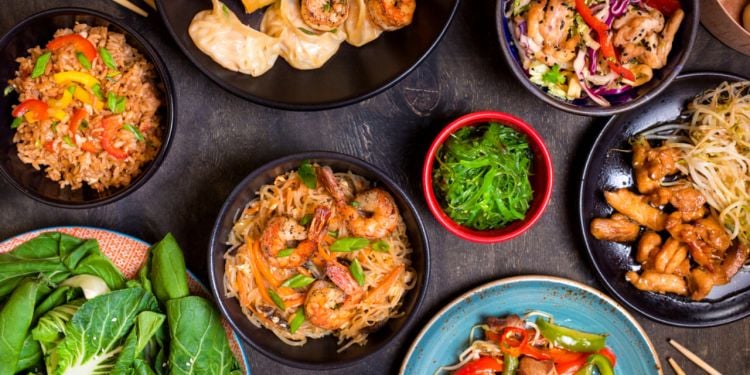
Food in China
Chinese cuisine is one of the most popular cuisines in the world, and its dishes frequently make ...
Everyday life
Eager to discover what life in China looks like? Here's a taste.
Articles from the magazine

China's economic reforms: A new era for foreign investors and workers
China is now widely opening its doors to foreign businesses in a decisive shift from its zero-COVID policy. The latest reform is part of a massive "modernization project", a term central to the Chinese government's strategy. The target year is 2029, which will mark the 80th anniversary of the founding of the People's Republic of China. Here's an in-depth look.
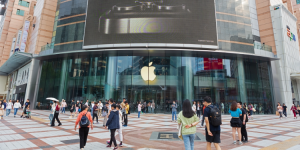
Immigration in China amid expat departures and economic challenges
Caught in an unprecedented housing crisis, China's economic growth is stumbling. The shift from the Covid zero policy hasn't resulted in a significant economic rebound or a widespread return of expatriates as expected. On the contrary, the situation is becoming more challenging.

From visas to security: China's strategy to attract and reassure expatriates
Faced with an anti-espionage law that worries expatriates, China is relaxing its business visa rules for foreigners conducting business activities in the country. Other measures have been introduced to make it easier to obtain certain visas and residence permits. Here's how it works.

China's new Anti-Espionage Law: How does it affect expats and foreign businesses?
A new law was enacted in China on July 1, 2023. It broadens the scope of what is considered espionage and grants the Chinese government increased authority to address perceived threats to national security. Here's what it means for expats.

How will Shanghai's expat exodus affect the local economy?
At the end of March 2022, Shanghai went under a stringent lockdown. Its 25 million citizens were then unaware of what they would endure for more than two months, even when the authorities announced that they had come to terms with the COVID pandemic. It was mostly the morale of the inhabitants that got affected. Among them were expats who were increasingly worried about their future in the cosmopolitan Chinese city. One year later, China is back on the international scene. Tourists are expected to flow in again. But will the expatriates come back to Shanghai? Many observers believe that the wound will be hard to heal.

Tomas in Shanghai: "I knew it was gonna be crazy and different here"
Tomas has been living in Shanghai since February 2012. He works as a PR officer for a Swedish sourcing firm during the week and teaches English on weekends. During his experience in China, he tries to get accustomed to its new environment...

Laurence: "You can live very comfortably in Chongqing"
Laurence originally comes from Canada. Basketball coach, he has stayed in several countries before moving to China 12 years ago. He now lives in Chongqing with his Chinese wife.
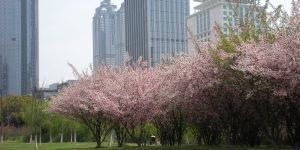
Peter in Suzhou: "The very relaxed pace of life surprised me"
British expat, Peter has been living in China since July 2011. He moved for work: he is a middle-level school manager and Economics teacher. He first lived in Shanghai before settling in Suzhou and he is now about to move to Shenzhen. China represents the first leg of his journey as an international teacher!

